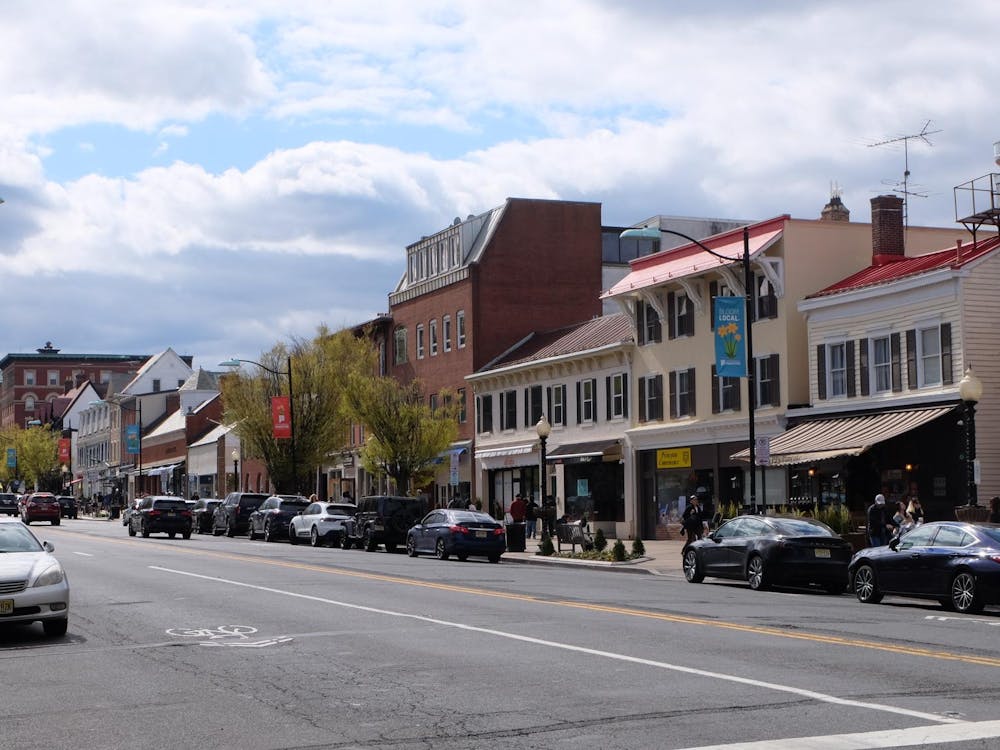Last month, on Dec. 7, Health and Human Services Secretary Kathleen Sebelius publicly overruled a recommendation by the Food and Drug Administration to allow over-the-counter sale of emergency contraceptives to young teenagers.
Commonly referred to as “the morning after pill,” Plan B One-Step is the only emergency contraceptive available as a single pill. Taken within 24 hours of unprotected sex, it has a 95 percent efficacy rate and can be taken up to 72 hours to prevent pregnancy.
Drugstores and health centers offer Plan B or Plan B One-Step for $10 to $70, while University Health Services offers emergency contraceptives for $17. Students may obtain them during regular clinic hours or emergency appointments.
Since receiving FDA approval in July 2009 (different from approval of the two-dose Plan B regimen in 1999), it has been available over-the-counter to women aged 17 and older and by prescription to women younger than age 17. The overruling does not change the two-year-old policy.
Nor will it have much of an effect on the Princeton campus, according to Ned Schefer ’12, president of the Sexual Health Advisors. He explained, “The same students who wouldn’t have been able to walk into CVS on Nassau Street still can’t do that, but they still have an option and that’s to go to UHS.”
This is what James Trussell, professor of Economics and Public Affairs and director of the Office of Population Research, said he takes issue with. He said he believes that the prescription requirement is an obstacle and added in an email that “this required interaction with the pharmacist presents barriers on many levels: Women may feel too judged and embarrassed to ask the pharmacist for the medication; pharmacists may arbitrarily refuse to dispense EC; pharmacies may not be open.”
Teva Pharmaceutical Industries Ltd., the manufacturer of Plan B, applied last February to remove the prescription-only status for females under the age of 17, and the Center for Drug Evaluation and Research scientifically determined that Plan B One-Step was “safe and effective” for adolescent female use.
Executing the Federal Food, Drug and Cosmetic Act, however, Sebelius disagreed on the basis of insufficient data, stating her concern that 11-year-old girls would have access to the pill without prescription. This was the first time the HHS secretary publicly overruled the FDA, and her decision was endorsed by President Obama.
Critics have accused the Obama administration of putting politics before science. In response, Sebelius said that Teva can resubmit its application after increased testing for use and label comprehension in girls of younger reproductive age.








